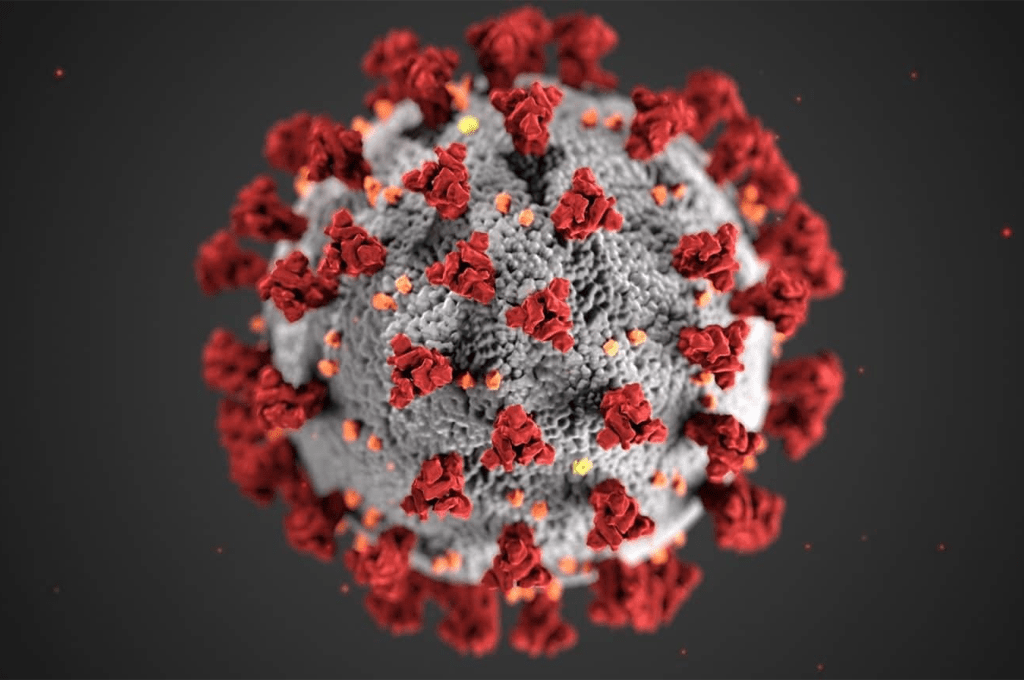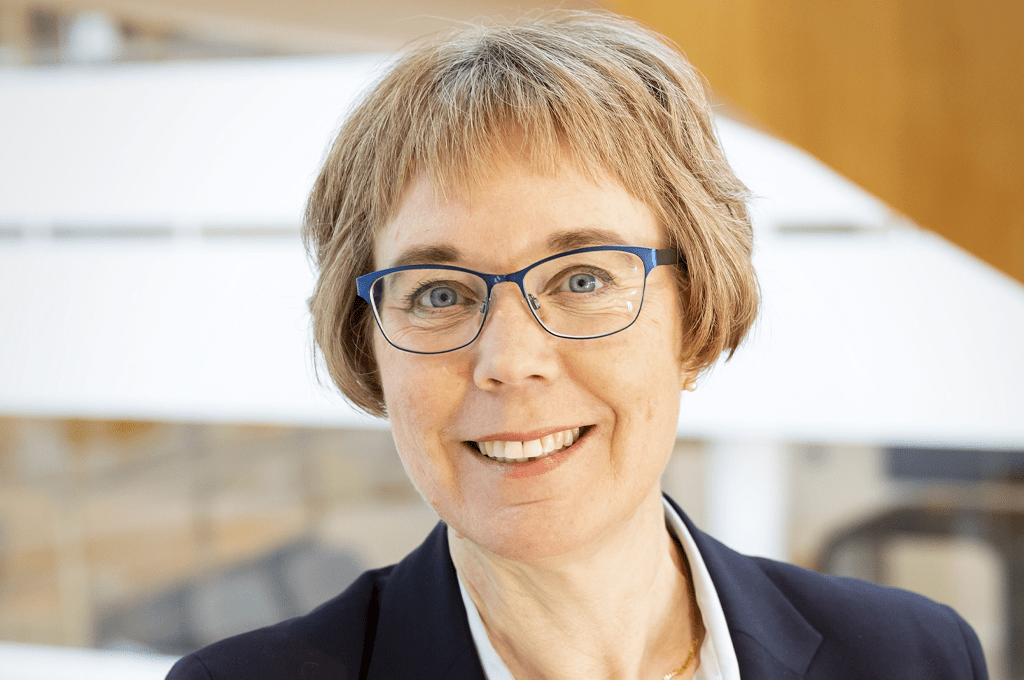Discussions on a world without antibiotics
Uppsala Health Summit invited decision makers, opinion leaders and experts to meet this week to discuss consequences of actions and of non-actions for people, animals and the planet – all in the light of antibiotics.
This year’s Uppsala Health Summit has come to an end. The two day long program has been filled with intense workshops and discussions on antibiotics.
Cecilia Nilsson, Project leader at SciLifeLab and Uppsala University Innovation was one of the organizers of the workshop Research and innovation for new therapies – collaborative models. The aim of the workshop was to propose how to best overcome the obstacles responsible for the current shortage of new antimicrobials, vaccines and diagnostics in the developmental pipeline, and to identify the specific stakeholders that need to act on this problem in both the short term and the long term.
“One of the focus areas of the workshop was which models would engage the best academic researchers, and at the same time attract industry, to meet the needs for new antimicrobials, vaccines and diagnostics. Today there is no incentive for the industry to invest in it, since the risk is high and the return of investment is low”, said Cecilia Nilsson.
The workshop began with short talks by Peter Beyer, Senior Advisory at the World Health Organization, James Anderson, Head of Corporate Government Affairs at GlaxoSmithKline, and Sarala Balachandran, Project Director at Open Source Drug Discovery and Chief Scientist at the Council of Scientific and Industrial Research.
Afterwards the audience was divided into discussion groups followed by a summary and open discussions in a “fish bowl” format where the panel is rotated so that anyone can join it.
The conclusions from all workshops will be presented and discussed in plenum, and summarized in a post-conference report distributed after the summit.
“The summit really succeeded in its effort of being a global conference. It drew representatives from many nations and covered numerous aspects of the complex subject of antibiotics. If you are interested in the outcome I recommend you to keep an eye out for the upcoming report”, said Cecilia Nilsson.
About Uppsala Health Summit
Uppsala Health Summit is an international forum where invited decision makers, experts and opinion leaders in open dialogue seek ways to stimulate new research and innovation in order to improve care and health in the world.
Read more at www.uppsalahealthsummit.se




